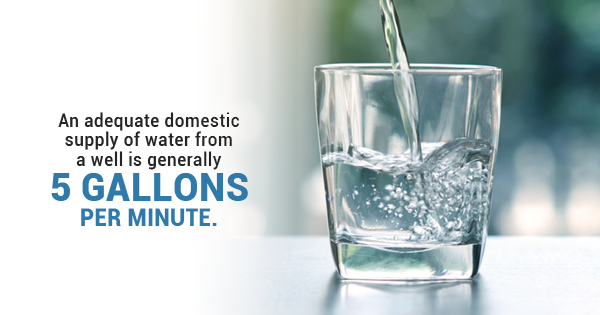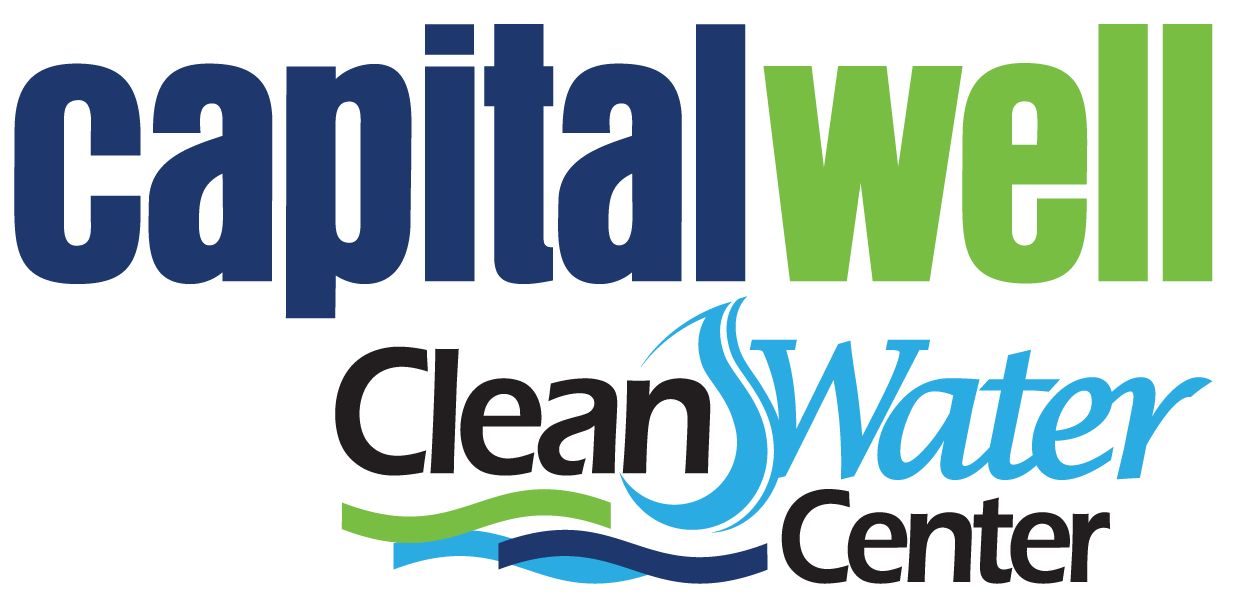
When choosing the right well water filtration system, you need to consider a lot of different factors. In the first part of this two-part series, we talked about a few common mistakes you should avoid when testing and treating well water. Now, let’s take a look at a few important mistakes to avoid when choosing and using water filtration systems for wells.
Not considering water pressure. Water pressure plays a big role in choosing which filtration system you’re going to use. Because wells can have varying flow rates, it’s important to know this before buying a filtration system. Generally, an adequate water supply from a well is around five gallons per minute. But the water will have to be pumped through the filtration system, which could impact the flow rate. If the well pump produces less water per minute than the filtration system needs, it won’t work properly. So, make sure you’re looking at water filtration systems for wells with the proper flow rate.
Not knowing how the well itself works. Just like how wells have different flow rates, not all wells work the same. Understanding how the well operates will impact which filtration system you use. Knowing whether the water is pulled right from the ground into the home or pulled into a storage tank is important. Well water companies can inspect the well to ensure it’s in good working condition and recommend a treatment system for your specific well set up.
Not choosing a high-quality filtration system. It’s important to remember that your family’s health and safety should not be compromised just to save a few bucks. With that in mind, make sure you’re choosing a high-quality system. While there are plenty of cheaper filtration systems available, they’re not going to work as well. Work with local well water companies to decide which filtration system would be best for your water. This is especially important if you have serious contaminants, like hydrogen sulfide or radon.
Not all wells are made the same, which means not all filtration systems will work for every well. If you don’t choose the right treatment system, your home can still be receiving contaminated water. So hopefully, this two-part series will help ensure you make the right decisions regarding testing the well water and choosing the right filtration system.
